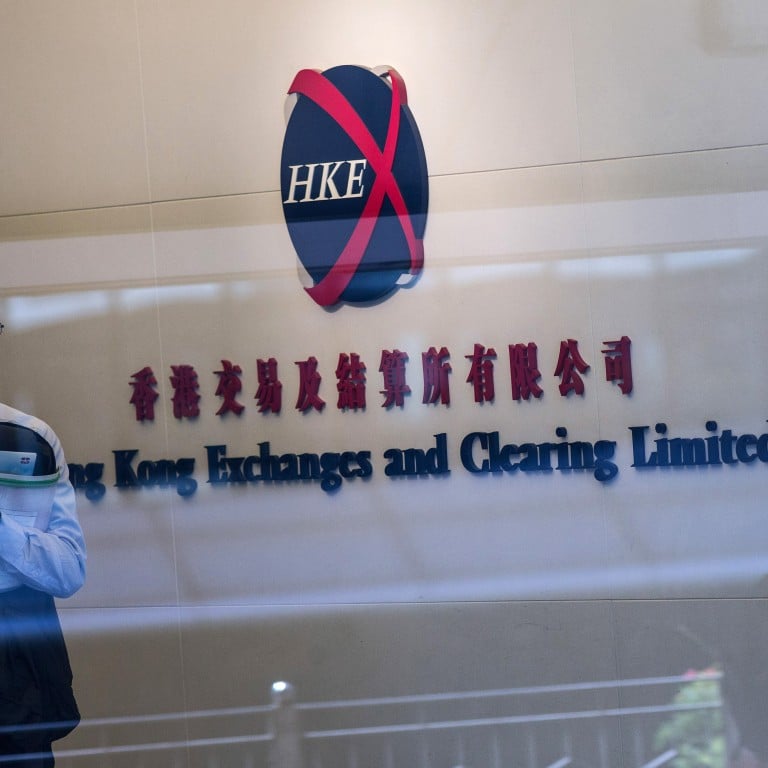
China stock market bubble will burst as rally not grounded in economic reality
Previous experience shows that a run of this kind can go on for quite a while but it equally shows that when the reversal comes it will be sudden and savage
All you really need to know about the outcome of the growing bubble in the Chinese stock markets is contained in a couple of figures: 4.8 million stock trading accounts were opened across the border last month and another million or so have been opened so far this month.
Most of these accounts belong to new investors coming into what they see as an ever-rising market; their buying spree has spilled over into Hong Kong.
As the markets’ historian Charles Kindelberger wickedly observed, ‘there is nothing so disturbing to one’s well being and judgment as to see a friend get rich’. When people making bucket loads of paper money in the stock market boast about their gains, those who are not in the game scramble to play.
The stage is now set for a buying frenzy heavily fuelled by novice players. Market news moves to newspaper front pages and chit chat about everyday matters is replaced by excited tales of how this or that counter surged and which hot tip Mrs Wong of Wong Tai Sin heard from her son-in-law’s second cousin.
At this point in the cycle professional investors move to the sell side of the equation creating the necessary liquidity for the hordes of buyers waving wads of cash.
How do they get hold of this cash? Well, some of it is already wallowing in savings accounts offering derisory interest rates but the hunger for equities propels the newborn investors to seek margin loans that increase their buying power. Outstanding margin loans in Shanghai and Shenzhen have surged to total Rmb 2.2 trillion, that’s more than double the total just six months ago.
At this point the warning lights should be flashing with a vengeance but, as we have seen in Hong Kong, stock exchange officials cannot contain themselves, they go out and about declaring words to the effect of ‘you ain’t seen nothing yet’.
In a logical world people buy more when prices fall but in the la-la land of stock markets this logic is turned on its head. The outcome, as Warren Buffett has noted, is that ‘when stocks go down and you get more for your money, people don’t like them anymore’.
Only a fool dares to offer a precise prediction of when this current bubble will burst but burst it will and it is more or less guaranteed to follow a pattern that has been in place for at least a century.
When I was writing a book called ‘Market Panic’, in the wake of the 2008 market crash, I diligently studied the previous market booms and busts and was amazed by the extent to which they all followed more or less exactly the same pattern, regardless of location.
The only difference has been that in recent times more money has been involved and the cycles between boom and bust have got shorter.
In China the big bust of 2007, usefully foreshadowing the wider global market crash by a year, left the market in the doldrums for seven years.
Now, as ever, the great surge in share prices is largely fuelled by liquidity.
It most certainly cannot be fueled by the underlying slowdown in economic growth, the surprisingly poor trade figures, nor, of course, by the extraordinary corruption crackdown that has turned cautious officials into hyper-cautious bureaucrats nervous of taking any initiatives.
Yet the argument is advanced that a rational case can be made for this surge in share prices because the Chinese markets are basically playing catch up and achieving more ‘normal’ valuations. In Shanghai the price earnings ratio stands at just below 19 times, which is a bit heady but hardly unknown in other markets, suggesting that shares are not ‘overvalued’.
By another measure the Chinese markets also appear to be modestly valued, this is seen in the ratio comparing total market capitalization with gross domestic product.
In the United States this ratio stands at the alarming level of over 125 per cent, whereas in China it is far more modest at around 50 per cent. Buffett believes that this ratio gives the best indication of share values.
Were it the case that the current bull run was a product of rational market analysis it could well be argued that investors are behaving in a rational manner. Was this so it would be necessary to explain why investors were not behaving even more rationally when prices were a hell of a lot lower.
Therefore all we really know about this bull run is that it has some rational underpinning, even if it is detached from economic reality.
Previous experience shows that a run of this kind can go on for quite a while but it equally shows that when the reversal comes it will be sudden and savage.

